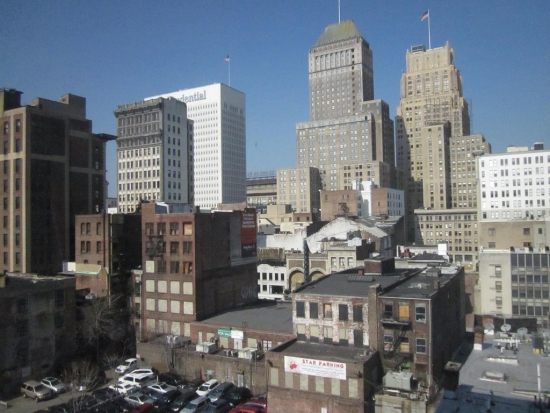As New Jersey emerges from the recession the retail property market is shifting, with the emphasis now on variety rather than large holdings. Furthermore it is now a tenant’s market.

In 2002, vacant stores accounted for only about 2 per cent of shopping space in the central and northern parts of the state. Any available storefronts didn’t stay vacant for very long. Space was at a premium, and rents stayed high.
Big box stores like Home Depot and Kohl’s were quick to move in when other retailers like Bradlees or Caldors shut down but when the recession hit the state, it changed the retail landscape.
According to a survey of lease renewals conducted by commercial real estate information company CoStar Group, 10-year lease renewal rates for retail stores started to drop in 2005. In contrast, shorter term (one-year) leases started to climb dramatically.
Ryan McCullough, a vice-president at the company, remarked that it was like the stores had been put on “a waiting list for foreclosure.” Parent companies were reluctant to commit to long-term leases, preferring to take a wait-and-see approach before signing something that would run for several years. To keep tenants, landlords lowered rents.
Landlords have also become more receptive to the idea of filling retail space with tenants who do not operate stores. Fitness centres, healthcare services and day care centres now operate in retail locations, and fast-food restaurants are also moving in to take advantage of the lower rents these locations can offer.
Even big box stores are rethinking their strategy by becoming more efficient about their use of space. Whereas a retailer may have taken 30,000 or 35,000 square feet before the recession, the average store size is now smaller. The stores are more selective about the products they carry, as well. They can’t afford to keep items in the store that are less profitable, according to McCullough.
Previous Post
UK Unemployment Increases in First Quarter